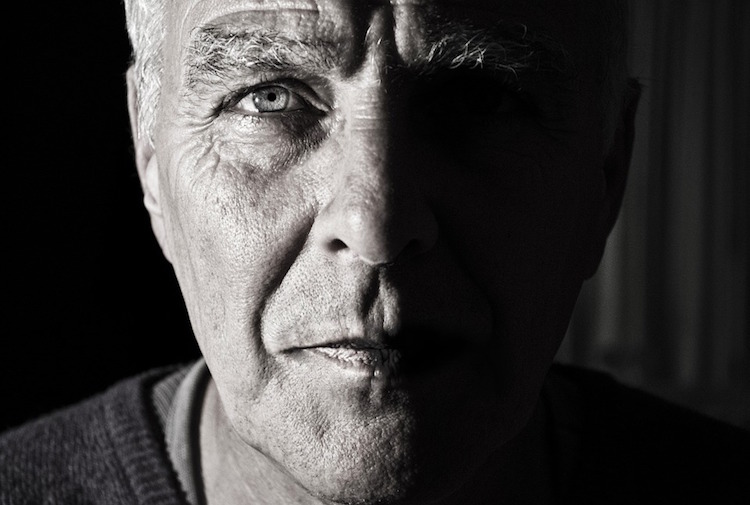TMJ Therapy
chew, laugh, smile without pain…
What is TMJ?
The jaw (Temporomandibular) joint connects the skull with the lower jaw. Numerous muscles, ligaments, tendons and nerves work in unison to produce the precise jaw motions required for speech and chewing. If the TMJ should fails to function properly, pain can often develop resulting in pain in the jaw joint, nerves and/or surrounding muscles. This constellation of symptoms is called Temporomandibular Joint Disorder (TMD).
TMD / TMJ Symptoms
- Headache
- Spasms and tightening of the back, neck, shoulder and/or facial muscles
- Clicking or grinding noises upon opening and closing your jaw
- Inability-difficulty fully opening your mouth
- Locking of the jaw in an open position- “lock-jaw”
- Ringing in the ears (Tinnitis)
- Clenching and grinding of teeth during the day and/or night (bruxism)
- Chipped teeth (with no history of trauma)
- Severely worn teeth

Diagnosis & Treatment of TMD:
The first step prior to commencing any therapy involves a comprehensive oral-dental examination including palpation and assessment of the head, neck and back muscles. TMD is often multifactorial (caused by a number of factors) and typically includes dental, muscular, skeletal and/or habitual elements. TMD of dental origin is most often the result of mal-alignment of the upper and lower teeth. Treatment to improve bite alignment may include orthodontics, tooth re-contouring and/or crowns/restorations of the a mal-aligned teeth. Persistent jaw clenching and grinding especially at night due to life’s stresses often signifies TMD. Left unchecked, such habits (bruxism) can lead to persistent muscle soreness, headaches and excessive tooth wear. Treatment in such cases may employ a host of modalities including massage, relaxation techniques (yoga), hot/cold compresses, a soft diet to limit excessive chewing (no gum, ice, etc.), specific prescription medications and/or a specialized appliance to be typically worn at night or during times of stress. There are however instances when the effects of systemic conditions such as arthritis, joint-bone abnormalities, etc., may also involve referral to an oral surgeon and/or physician.
What is a Night Guard (Myo-Facial Appliance)?
A Night Guard is a custom made appliance that fits comfortably over either your upper and lower teeth. A myo-facial appliance serves to protect your teeth from the effects of habitual grinding (bruxism) and/or clenching. As noted above, left untreated persistent bruxism will lead to worn teeth, loosening of teeth, jaw joint pain and muscular spasms. When a Night Guard is in place, excessive biting forces are evenly distributed, teeth are protected and muscular pain reduced. Various styles of Night Guard’s (myo-facial appliances) are available dependent upon each patient’s unique TMD symptoms.
Suffering from TMD?
Loved by Many


